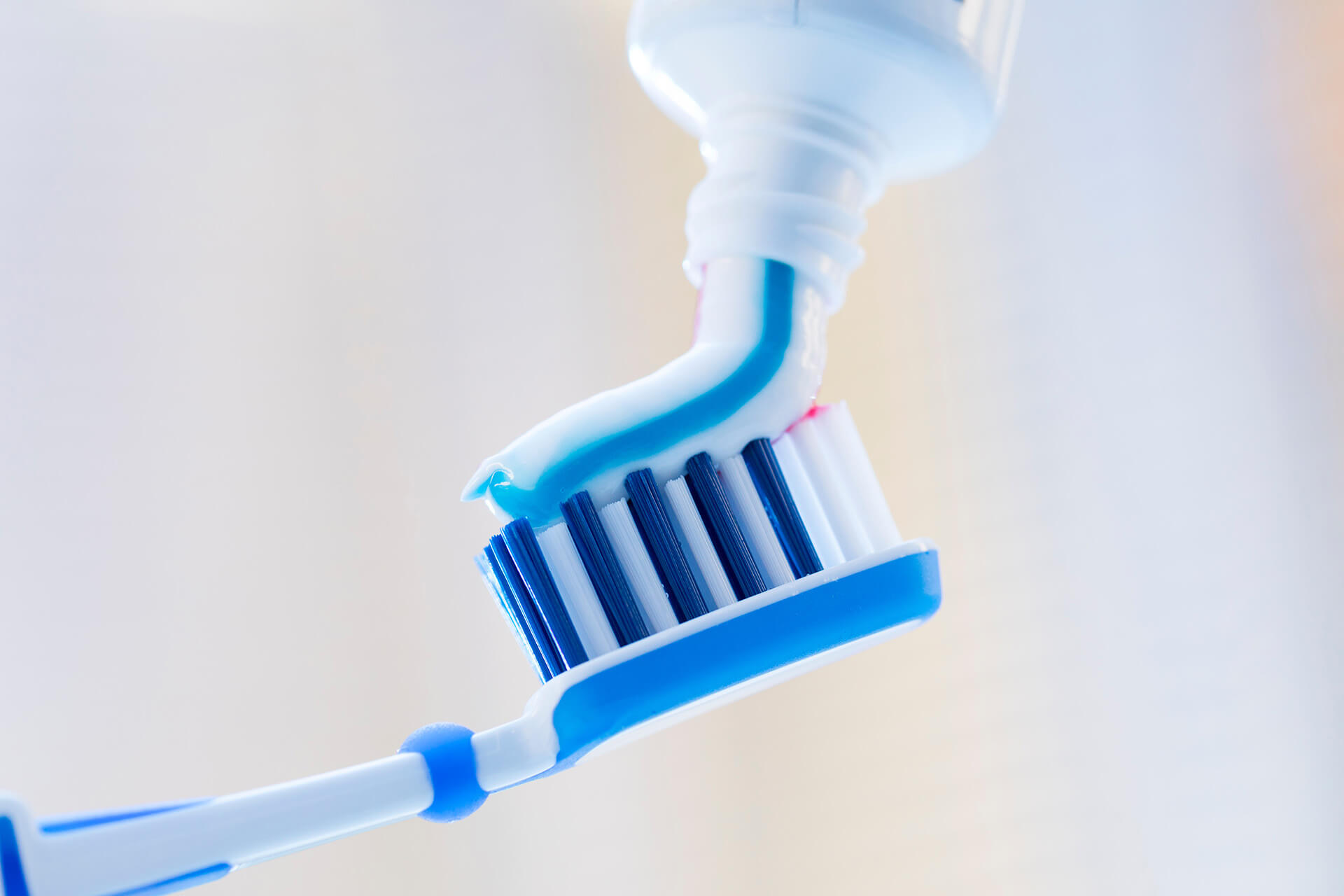In the realm of oral health, fluoride stands as a stalwart defender against the relentless assault of tooth decay and cavities. But where does this mighty guardian originate?

Natural Abundance
Fluoride, an essential mineral renowned for its dental benefits, is abundantly present in nature. It is prevalent in various geological formations, including rocks, soil, and groundwater. Nature, in its intricate design, has bestowed upon us a vital element for dental fortification.
Geological Formation
The genesis of fluoride can be traced back to geological processes spanning millennia. As rainwater percolates through the earth’s crust, it interacts with mineral deposits, leaching fluoride ions along its journey. Through this geological alchemy, fluoride finds its way into groundwater reservoirs, enriching them with its protective prowess.
Mineral Deposits
Fluoride’s journey doesn’t end with its incorporation into groundwater. It also resides within mineral deposits, such as fluorite and fluorapatite, which serve as reservoirs of this invaluable mineral. These mineral sources not only contribute to the natural fluoride content of water but also serve as essential components in the formation of dental enamel, fortifying teeth against decay.

Community Water Systems
In many regions across the globe, fluoride is intentionally added to community water systems as a public health measure. This practice, known as water fluoridation, aims to optimize fluoride levels in drinking water to promote dental health and prevent tooth decay on a population scale. It’s a testament to the recognition of fluoride’s paramount importance in oral hygiene.
Dental Products
Beyond its natural sources, fluoride also finds its way into an array of dental products designed to bolster oral health. From fluoride toothpaste to fluoride mouth rinses, these products harness the protective properties of fluoride to safeguard teeth against the ravages of decay and promote enamel remineralization. To see what products we offer, call us today.
In essence, fluoride emerges as a product of nature’s intricate processes, woven into the fabric of our environment and bestowed upon us as a guardian of dental health. From its geological origins to its incorporation into community water systems and dental products, fluoride stands as a testament to the symbiotic relationship between nature and human health.
In the ongoing battle against tooth decay and cavities, fluoride emerges as a formidable ally, wielding its protective powers to fortify dental enamel and preserve oral health.
But how exactly does fluoride protect our teeth?
Enamel Remineralization
At the forefront of fluoride’s defense is its ability to facilitate enamel remineralization. Dental enamel, the outer layer of your teeth, is composed primarily of minerals like calcium and phosphate. When exposed to acids produced by bacteria in the mouth, enamel undergoes demineralization, leaving teeth vulnerable to decay. Fluoride, however, helps to remineralize weakened enamel by attracting calcium and phosphate ions, restoring its strength and resilience.
Formation of Fluoroapatite
Fluoride’s true prowess lies in its capacity to form fluoroapatite, a compound that is even more resistant to acid attacks than natural tooth enamel. When fluoride ions integrate with calcium and phosphate in the enamel, they create a crystalline structure known as fluoroapatite. This compound not only fortifies enamel against decay but al
Inhibition of Acid Production
Cavity-causing bacteria thrive in acidic environments, where they metabolize sugars from food and produce acids that erode tooth enamel. Fluoride disrupts this destructive cycle by inhibiting the enzymatic activity of bacteria, thereby reducing their ability to generate acid. By diminishing acid production, fluoride helps to maintain a balanced pH level in the mouth, creating an inhospitable environment for bacterial proliferation.
Enhanced Salivary Function
Saliva plays a crucial role in oral health by neutralizing acids, remineralizing enamel, and washing away food particles and bacteria. Fluoride enhances the efficacy of saliva by promoting the remineralization process and enhancing its ability to combat acid attacks. As a result, teeth are better protected against the corrosive effects of plaque and bacterial acids.
Long-Term Protection
The benefits of fluoride extend far beyond immediate protection against tooth decay. Through regular exposure to fluoride, whether through fluoridated water, dental products, or professional treatments, teeth become more resilient to future acid challenges. By strengthening enamel and bolstering its defenses, fluoride confers long-term protection against the ravages of dental decay. To protect your teeth more, book your appointment today.
In essence, fluoride serves to fortify enamel, inhibit bacterial activity, and promote oral resilience. By understanding the mechanisms through which fluoride safeguards teeth, we can embrace its role as a cornerstone of preventive dental care, ensuring that smiles remain bright and healthy for years to come.
